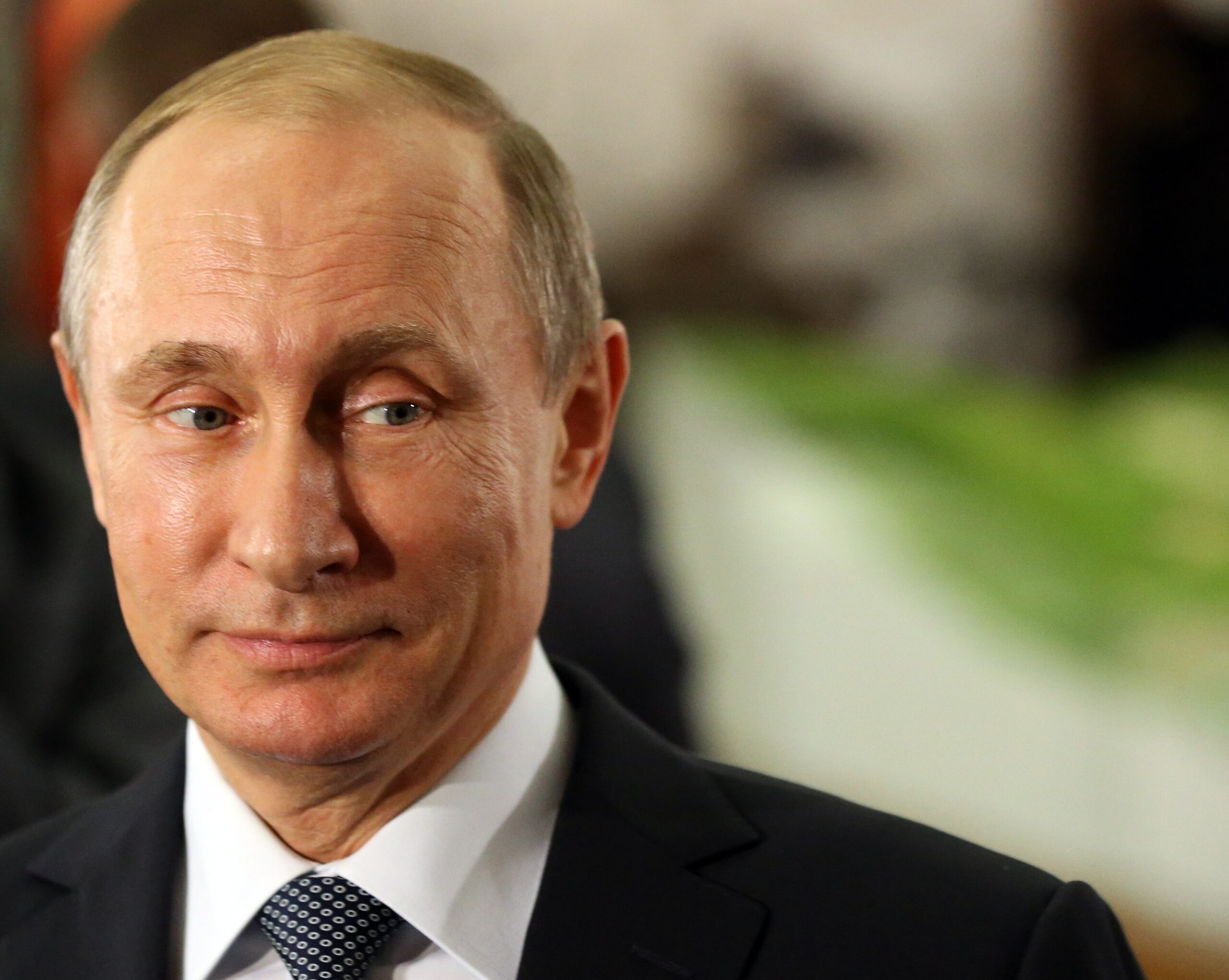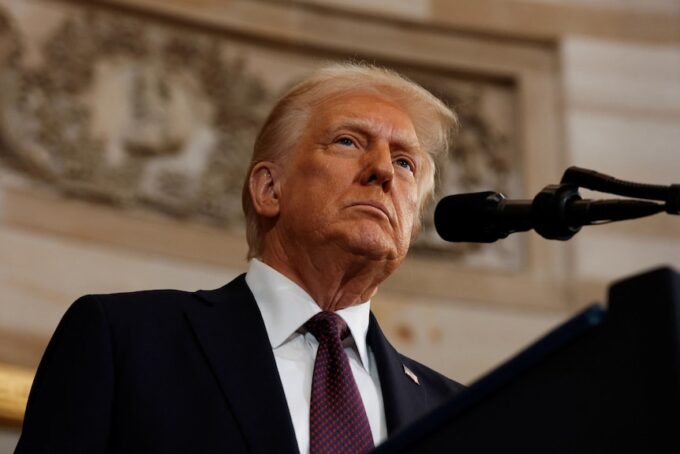News | Events | Digital PR | Advertising
Russian Claim Of Cancer Vaccine Challenges Biden’s Cancer Moonshot Initiative

President Joe Biden’s ambitious “Cancer Moonshot” goal of halving cancer deaths in 25 years might face competition, as Russian officials claim to have developed a groundbreaking cancer vaccine set to be freely available by 2025.
During his tenure, Biden aimed to transform cancer from a fatal disease into a manageable condition. However, according to Russian state news agency TASS, President Vladimir Putin has endorsed a vaccine for personalized cancer therapy, expected to roll out as early as next year.
The announcement, made by Andrey Kaprin, General Director of Russia’s Radiology Medical Research Center, offered limited details. Kaprin stated that the vaccine, developed by the Gamaleya National Research Center for Epidemiology and Microbiology, had shown promising results in preclinical trials, suppressing tumor growth and potential metastases.
TASS reported that the vaccine would be personalized and used to treat cancer patients, not as a preventative measure for the general population. However, neither the Russian Ministry of Health nor the research centers responded to Newsweek’s requests for comment.
Efforts to develop personalized cancer vaccines are ongoing worldwide. Moderna and Merck have collaborated on a skin cancer vaccine, while vaccines targeting human papillomaviruses aim to prevent cervical cancer. The Memorial Sloan Kettering Cancer Center (MSK) is also conducting trials of an mRNA vaccine for pancreatic cancer in partnership with BioNTech, the developers of the Pfizer-BioNTech COVID-19 vaccine.
MSK detailed that these vaccines are custom-made for each patient. For instance, in pancreatic cancer trials, RNA extracted from a patient’s tumor is used to create a personalized vaccine. Administered with checkpoint inhibitors, the vaccine enhances the immune system’s ability to attack cancer cells and reduce the risk of recurrence.
Without additional details from Russian authorities, Newsweek speculated that their vaccine might operate similarly to an experimental mRNA treatment for brain cancer. This process involves amplifying RNA from a surgically removed tumor, encasing it in fatty nanoparticles, and reprogramming the immune system to attack the tumor cells.
As the global race for effective cancer treatments continues, Russia’s claim raises questions about the feasibility and accessibility of personalized cancer vaccines on a larger scale.
Explore more
Scientists Research Nigeria’s Okra, Maize, Four Other Crops During NASA’s Space Mission
International astronauts will research six indigenous Nigerian crops and seeds during the...
President Trump Orders Pharmaceutical Companies To Cut Drug Prices Within 60 Days
President Donald Trump on Thursday said he asked major pharmaceutical companies to...
Microsoft To Become The Next $4 Trillion Company
Microsoft (MSFT.O), opens new tab soared past $4 trillion in market valuation...
Importers Slash Petrol Prices Below Dangote Rates Amid Rising Market Competition
Competition has hit Nigeria’s petroleum sector as fuel importers slash petrol prices...












Leave a comment